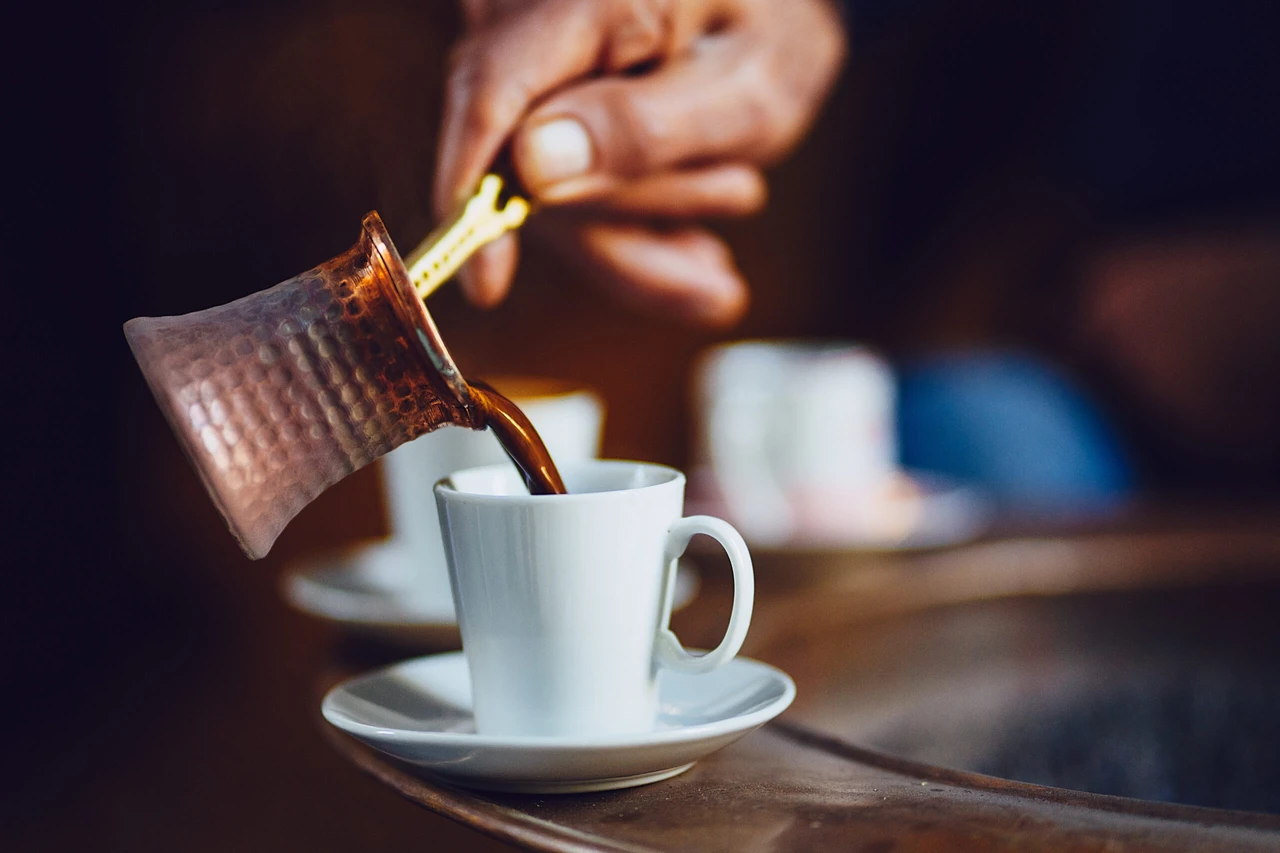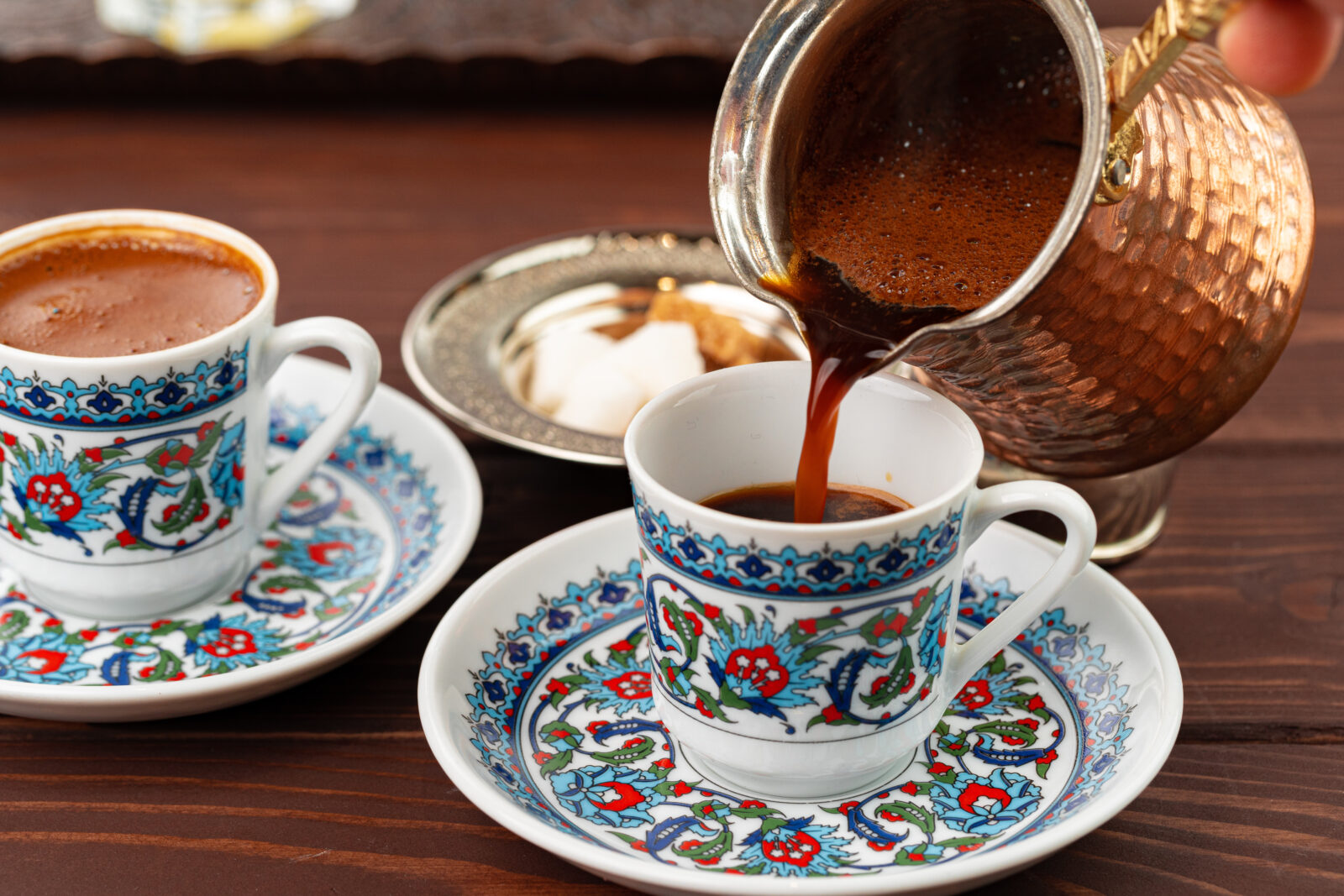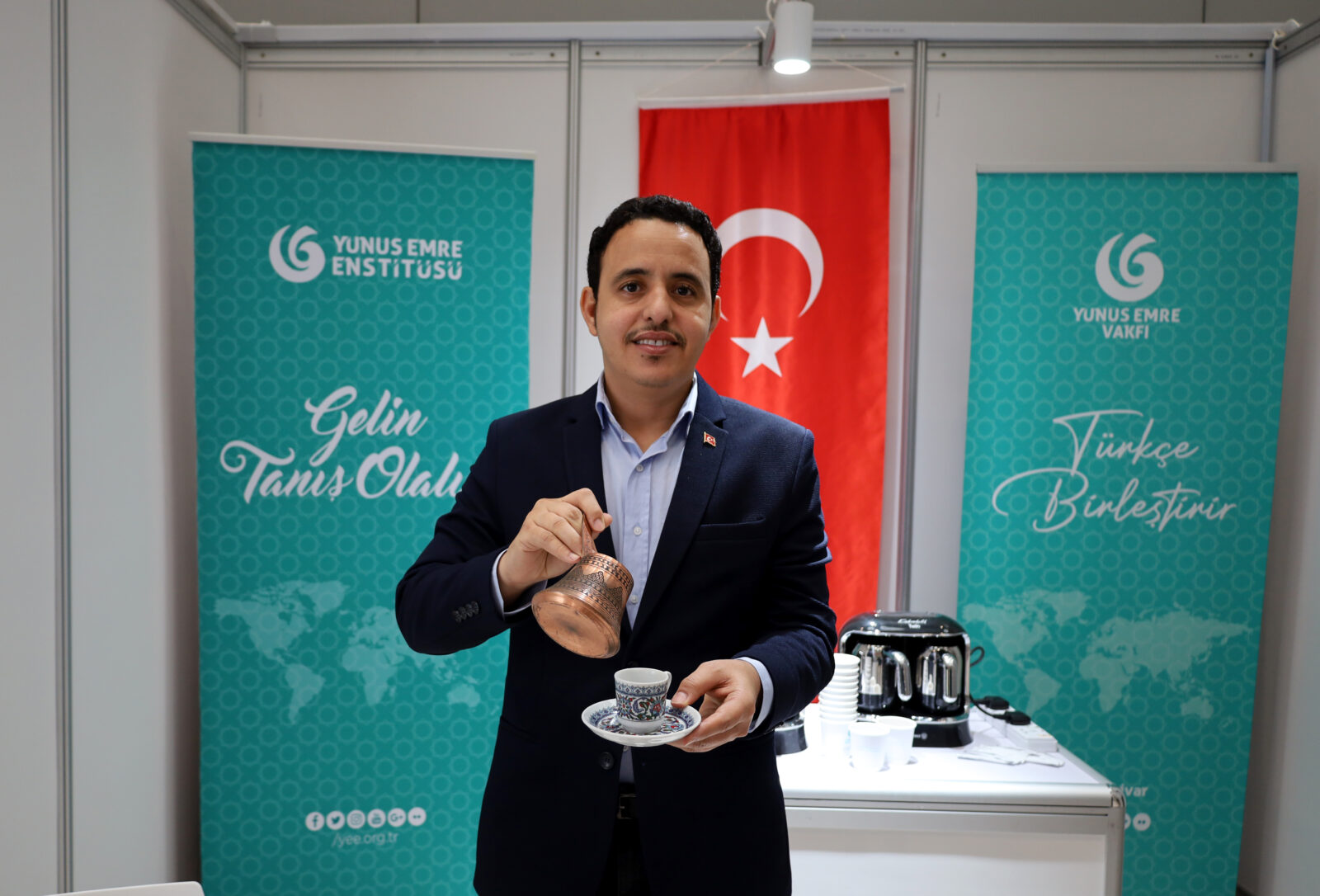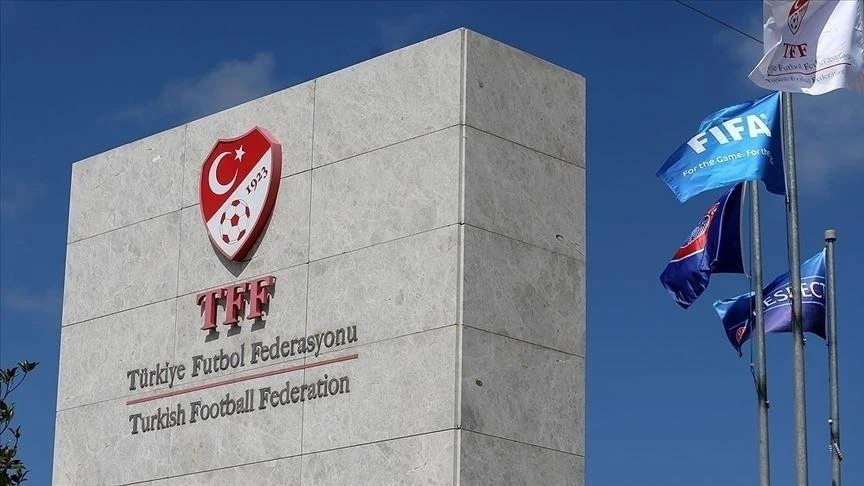World Turkish Coffee Day: How Turkish coffee unites cultures
 Turkish coffee being made in a traditional way. (Adobe Stock Photo)
Turkish coffee being made in a traditional way. (Adobe Stock Photo)
Turkish coffee, with its captivating aroma filling homes, offices, cafes and streets, is an integral part of Turkish traditions. It stands as one of the most delightful and sophisticated experiences you can encounter during your visit to Türkiye.
In Turkish culture, coffee serves as a social ritual that unites people, offering a perfect occasion to connect. Its importance is so significant that many gatherings and post-meal conversations begin with the familiar question, “How would you like your coffee?”. Recognizing its unique flavor and cultural importance, Turkish coffee was added to UNESCO’s Intangible Cultural Heritage List in 2013. The date of this recognition, December 5, is now celebrated globally as “World Turkish Coffee Day.”
Legacy that spans centuries
Since Turkish coffee was first brewed in the 16th century, it has been a cornerstone of social life. As it spread throughout the vast Ottoman Empire, its customs, rituals and significance crossed borders.

The traditional Turkish breakfast, known as kahvalti, meaning “before coffee,” holds great importance in Turkish culture. Whenever you visit friends or family in Türkiye, you will always be offered Turkish coffee as a welcoming gesture. Turkish coffee is a vital part of weddings, celebrations, engagements, births, and nearly every significant occasion.
Unmistakable art of brewing Turkish coffee
The most remarkable feature of Turkish coffee is that it has been prepared in the same way for centuries. Finely ground coffee beans are boiled in a special pot called a cezve, resulting in a thick, velvety foam that fills small cups.
Unlike other types of coffee, Turkish coffee is served with its grounds remaining in the cup. It is traditionally accompanied by a glass of water and a sweet treat like Turkish delight to cleanse the palate.
Regional twists on Turkish coffee
Throughout Türkiye, the preparation and flavors of Turkish coffee vary based on regional ingredients and traditions. In the Aegean region, where mastic trees are abundant, Turkish coffee is brewed with mastic, giving it a distinctive flavor.
In Gaziantep, the home of pistachios, a local variant of Turkish coffee is made with sun-dried wild pistachios. Another unique type is “dibek kahvesi,” ground in a stone mortar, offering a lighter taste that pairs wonderfully with milk. In Southeastern Anatolia, particularly in Sanliurfa and Mardin, “mira,” a bitter version of coffee, is widely consumed.

World Turkish Coffee Day celebrations in Europe, Middle East
On Dec. 5, the EU Delegation of Türkiye in Brussels hosted an event to celebrate World Turkish Coffee Day in partnership with the Yunus Emre Institute (YEE).
During this celebration, Turkish coffee was brewed and served, alongside Turkish delight and pismaniye (cotton candy). This event highlighted Turkish coffee’s recognition as part of UNESCO’s Intangible Cultural Heritage.
In Erbil, Iraq, the Turkish Consulate organized a special World Turkish Coffee Day event at a local cafe.
The event was attended by notable figures such as Anil Bora İnan, Türkiye’s Ambassador to Baghdad, Erman Topcu, the Consul General of Türkiye in Erbil, and several regional officials from the Kurdistan Regional Government (KRG).
World Turkish Coffee Day has become a worldwide celebration, acknowledging the rich cultural legacy and timeless tradition of Turkish coffee while continuing to unite people across Türkiye and beyond.



